Causes And Treatments Of Vertigo
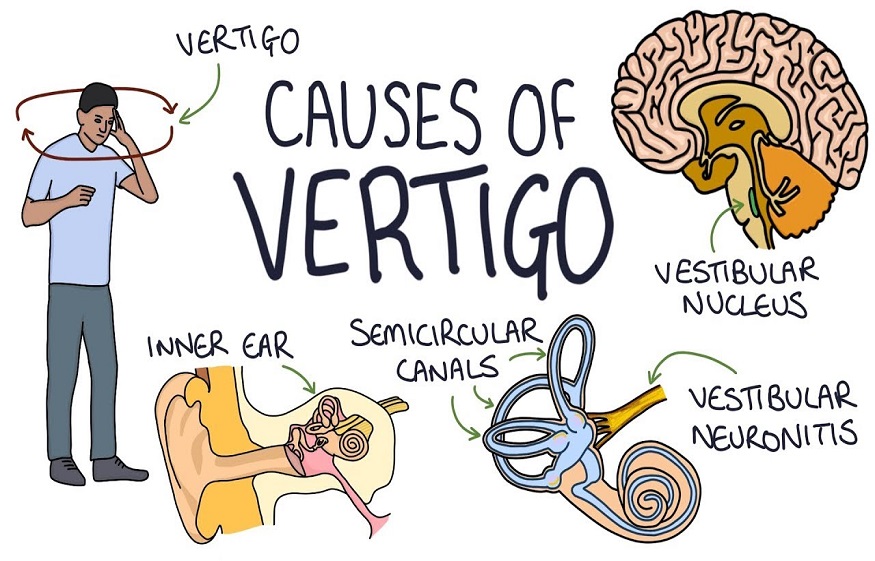
Vertigo is a sensation of feeling off-balance. If you have these dizzy episodes, you might feel like you are spinning or that the world around you is spinning.
Causes of Vertigo
An inner ear problem often causes Vertigo. A few of the most common causes of Vertigo are:
BPPV
This stands for benign paroxysmal positional Vertigo. This condition occurs when tiny calcium particles (canaliths) cluster up in the inner ear canals. The inner ear helps you keep your balance by sending signals to the brain about head and body movements relative to gravity.
BPPV can happen for no known reason yet and may be related to age.
Meniere’s disease
This is a disorder in the inner ear that is thought to be caused by changing pressure and a building up of fluid in the ear. It leads to tinnitus which is ringing in the ears along with episodes of Vertigo and even loss of hearing. Treatment for Meniere’s disease is not yet known; however, many remedies help alleviate it.
Labyrinthitis or vestibular neuritis
This is a viral inner ear problem which is usually related to infection. The infection leads to inflammation in the inner ear surrounding the nerves that are important for helping the body sense balance
Less often Vertigo may be associated with:
- Head or neck injury
- Migraine headaches
- Brain problems such as stroke or tumour
- Some medications that damage the ear
Symptoms of Vertigo
Changing in the position of your head can often trigger Vertigo.
People with Vertigo typically describe the feeling of Vertigo as associated with:
- Swaying
- Spinning
- Tilting
- Being pulled to one direction
- Loss of balance
Other symptoms that may accompany Vertigo are:
- Nausea
- Vomiting
- Nystagmus which is Jerking or abnormal eye movements
- Headaches
- Sweating
- Hearing loss
- Ringing in the ears
Symptoms can come and go and may stay for a few minutes to a few hours or more.
Treatment for Vertigo
The treatment for Vertigo depends on the causing factors. Your brain can adapt by relying on other mechanisms to maintain balance to the inner ear changes. Hence Vertigo goes away without any treatment in most cases.
Read more: Popular non-surgical cosmetic treatmentsIn some cases, treatment is required and may include:
Medicine
Medication may be given to alleviate symptoms such as motion sickness or nausea associated with Vertigo in some cases.
In case vertigo is caused by an inflammation or infection, steroids or antibiotics may decrease the swelling and treat the infection.
Read more: Size Down Your Breasts With Breast ReductionFor Meniere’s disease, diuretics can be prescribed to decrease pressure from the buildup of the fluid.
Vestibular rehabilitation
This is a type of physical therapy that helps in strengthening the vestibular system. The job of the vestibular system is to send signals to the brain about body and head movements relative to gravity.
Surgery
In rarer cases, surgery may be required for treating Vertigo.
If a severe underlying issue such as an injury or a tumour to the brain or neck, is the cause of Vertigo, treatment for those issues may help to alleviate the Vertigo.
To find out more about Vertigo, visit: https://vitalitychiropracticcentres.com/treatment-for-vertigo-and-dizziness/.

 How to Choose the Best Intensive Outpatient Program
How to Choose the Best Intensive Outpatient Program 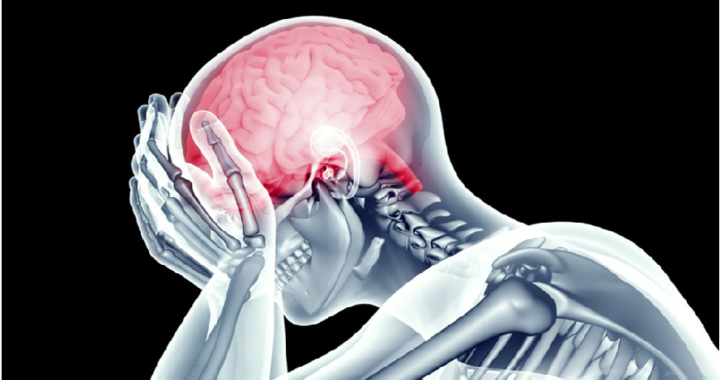 Important Things to Learn About Neurological Physiotherapy Treatment
Important Things to Learn About Neurological Physiotherapy Treatment 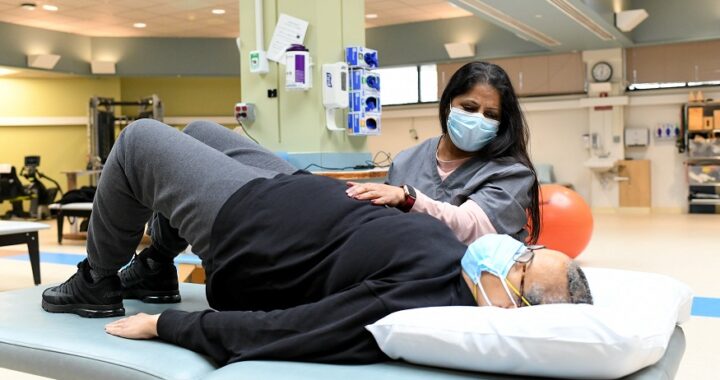 Factors to Consider Before Getting a Pelvic Floor Treatment
Factors to Consider Before Getting a Pelvic Floor Treatment 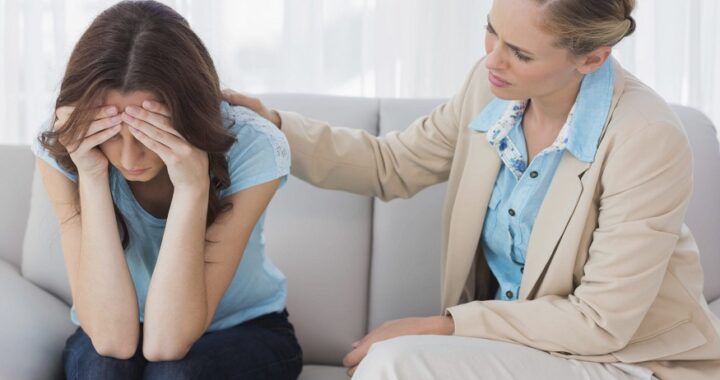 Sober Living Homes Helps To Lead A Truly Sober Life After Rehab Treatment
Sober Living Homes Helps To Lead A Truly Sober Life After Rehab Treatment  The Cost of Fertility Treatment: Is It Worth It?
The Cost of Fertility Treatment: Is It Worth It?  Types of Plastic Surgery
Types of Plastic Surgery 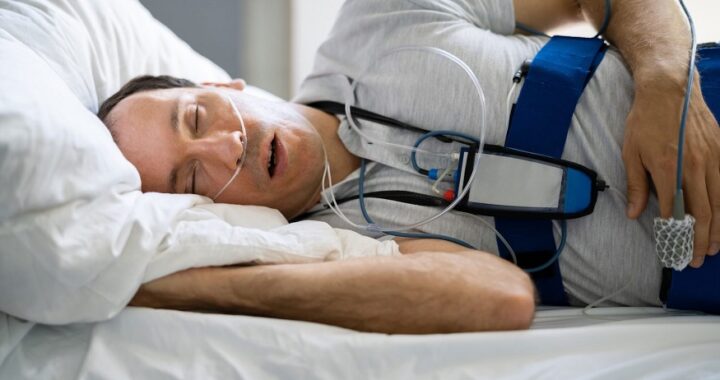 WHAT IS SLEEP APNEA AND WHY SHOULD YOU CARE?
WHAT IS SLEEP APNEA AND WHY SHOULD YOU CARE?  Tennessee Men’s Clinic Highlights the Transformative Power of Fitness on Men’s Lives
Tennessee Men’s Clinic Highlights the Transformative Power of Fitness on Men’s Lives  Behind the Scenes: A Day in the Life of a Veterinary Hospital Staff Member
Behind the Scenes: A Day in the Life of a Veterinary Hospital Staff Member  WHAT IS A VASECTOMY? EVERYTHING YOU NEED TO KNOW
WHAT IS A VASECTOMY? EVERYTHING YOU NEED TO KNOW